Highly regarded Dutch coach Pepijn Lijnders took media duties in Jurgen Klopp‘s absence on Saturday and could be in front of the press again on Monday ahead of the trip to West Ham.

Liverpool’s charismatic manager Jürgen Klopp missed the game against Sunderland after falling ill with appendicitis on the morning of the game.
While the German was in hospital having his appendix removed (it’s rumoured to have come out on the 77th minute), responsibility fell to his support staff and first team coaches.
Assistant manager Zeljko Buvac stepped up to the role of manager, commanding the technical area for much of the game and passing on orders with help from German assistant Peter Krawietz.
When it came to dealing with the press, however, the responsibility fell to Liverpool’s Dutch first team coach Pepijn Lijnders, and the highly regarded 34-year-old was very impressive in carrying out these duties.
There aren’t many coaches in Europe who are as highly thought of as Lijnders. He arrived at Liverpool in 2014 coaching at the academy, but made a big impression at the club and has been quickly fast-tracked to first team level.
His current role combines his ability to coach youngsters with his sound football philosophy which aligns very well with the ideas of Klopp and Buvac.
As First Team Development Coach, he’s responsible for taking many first team training sessions, while at the same time passing on the same techniques, coaching drills, and ideas to the players at U21, U18 levels and throughout the youth system.
He bridges the gap between youth teams and first team, and it’s no surprise that more and more of the club’s burgeoning talents are getting chances to train at Melwood, and subsequently getting chances in the first team.
The recent FA Cup games against Exeter and West Ham have seen this work bear fruit. The young sides which Liverpool sent out in these games look in tune with Klopp’s thinking, and it could even be said that their performances were more impressive than recent displays from the more lavishly paid senior players.
Lijnders is a big part of this success, and the fact he’s worked with many of these players at youth level is an advantage.

“My main goal is assisting Jürgen to implement a development programme,” he says of his current role. “A programme that will non-stop stimulate the offensive individual capacities of each first-team player, but also give young talent the chance to develop to first-team standards.”
As well as taking his usual pre-match session on the Anfield pitch shortly before kick-off, Lijnders spoke to the written press and the TV cameras after the game.
Journalists attending his press conference were treated to an insightful glimpse into the workings of the coaches’ mind, as he discussed in detail situations within the game and why they happened.
He blamed the goals conceded on the collective dropping deep, as opposed to the individual errors which many look for.
“It’s always a collective problem. We dropped off too much, let them play longer balls, and in those longer balls they are closer to our goal,” he explained.
“That’s why the free kick is that position instead of 20-yards higher up the pitch, so that’s the problem, if you want to point out a problem.”
He also spoke of the anxiety in the team after conceding the first goal.
“Anxiety [after the first goal went in] is normal, because you have to get through that experience, you have to stay cool and keep the same ideas that we try to implement over a long period of time.
“You see that one moment [the first goal] changes everything, but there are still eight to ten minutes where you have to be calm and play keep moving the ball into the final third so when you lose it you can counter-press, and you can stay high up the pitch.”
The Dutchman saw plenty of positives in the performance, though, and spoke at length about how the coaching staff are trying to create a platform from which a group of talented players can go on to become winners.
“We have a group of players who are young with loads of individual quality but also loads of individual potential. It’s up to us to create a style, with Jurgen of course as the captain, that all these individuals, and the collective identity, get further and further and gets developed and developed.
“Then over a longer period of time we truly believe that winning is a logical result of development.
“So we focus on building our team, constructing our team to become more and more independent of the opposition who is in front of us. Today you saw how we moved them and how we opened up space with our passing and our movement. That’s getting better and better.”
Watch Lijnders’ impressive post-match press conference:
It’s a pleasure to listen to him talk about the game, and the authority he possesses when speaking comes from his knowledge of football and of those who work within it.
This confidence in his own ability is evident in his training sessions, and he transferred these skills across to his dealings with the media after this game.
It’s now no surprise that he was one of the staff members who remained at the club even after Brendan Rodgers and several of his support staff left in October 2015.
During his time as a coach at FC Porto, he’s quoted as saying:
“I strongly believe that the individual should serve the team, and the team should serve the individual. Banish insularity and individuality, empower and promote the team, create cohesion and togetherness. A true culture of sharing.”
These ideals should endear him to Liverpool and its fans, but like the top class players who’ve passed through Anfield in recent years, he could well end up being poached by one of Europe’s current heavyweights.
With Lijnders, however, you get the impression he’d much rather take this group of Liverpool players to that level, and see the club return to its rightful place among the European elite.
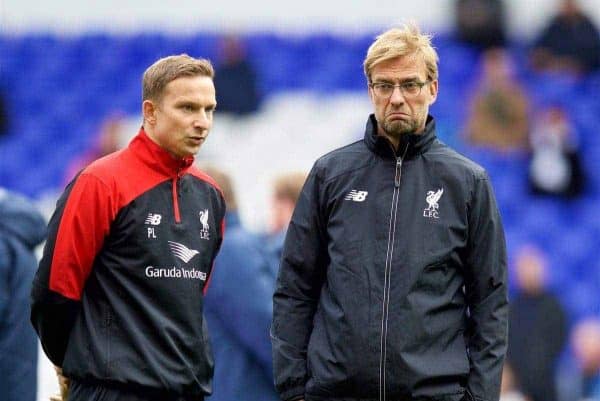
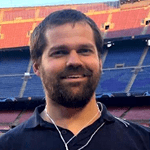
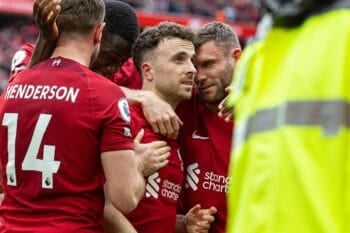
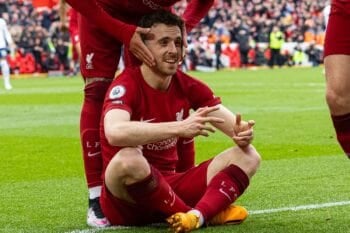
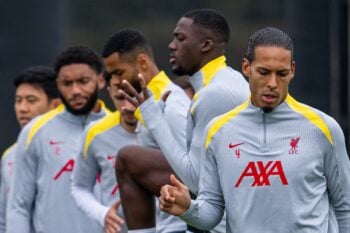
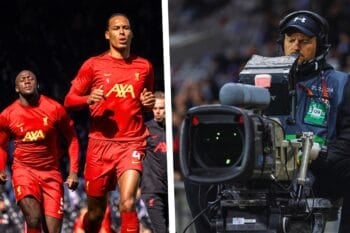
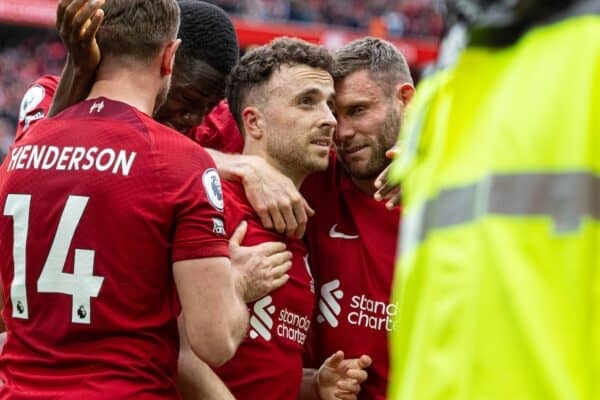
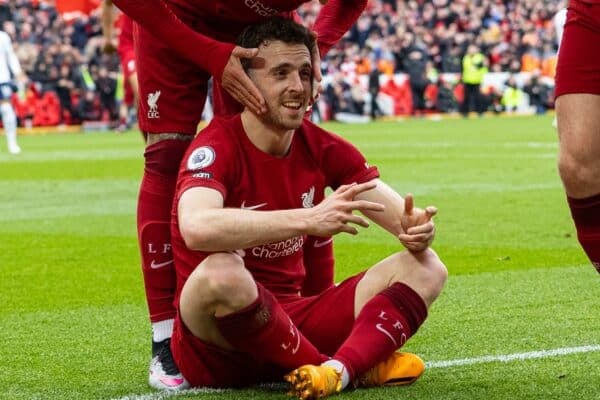
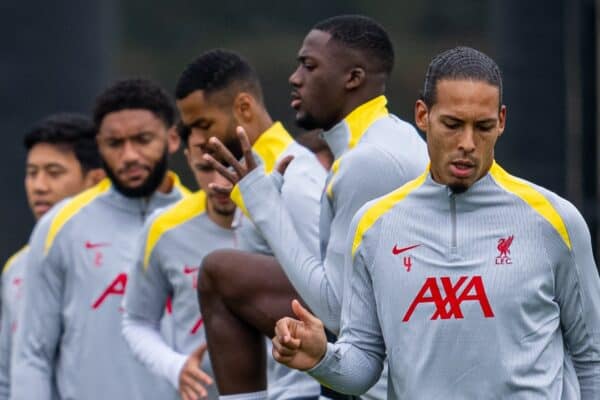
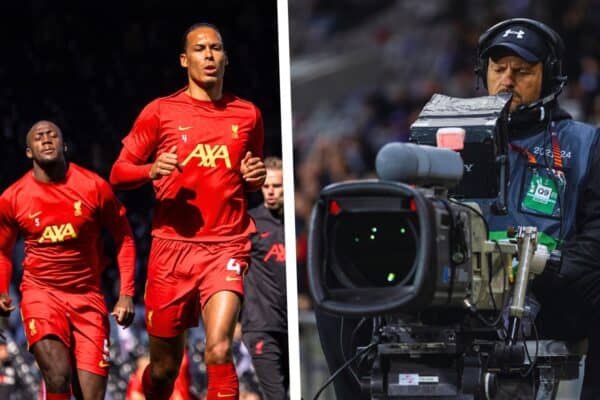
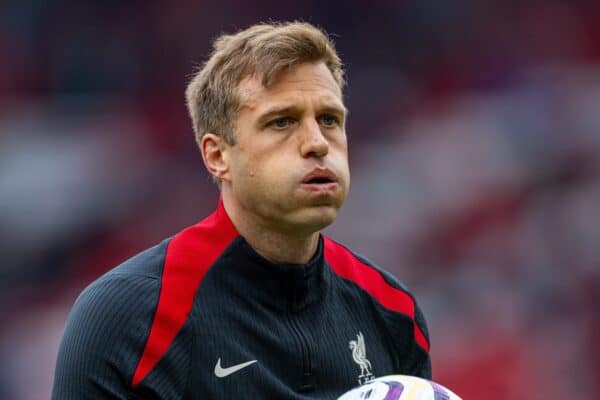


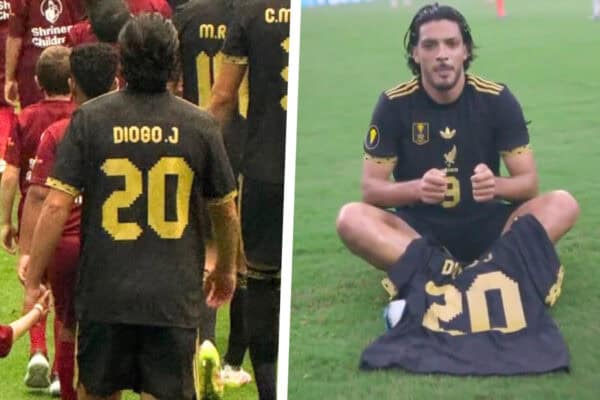




Fan Comments